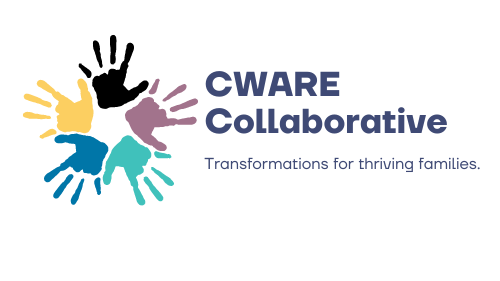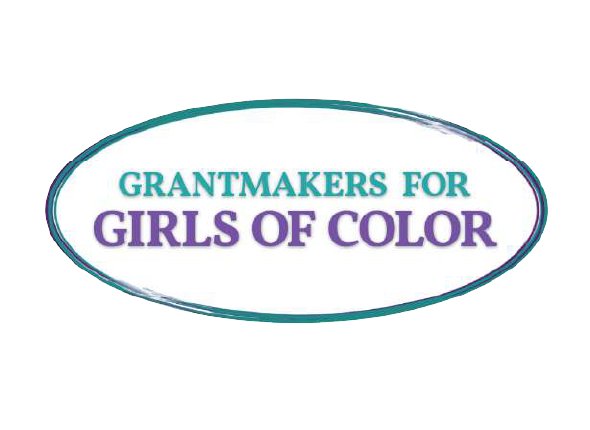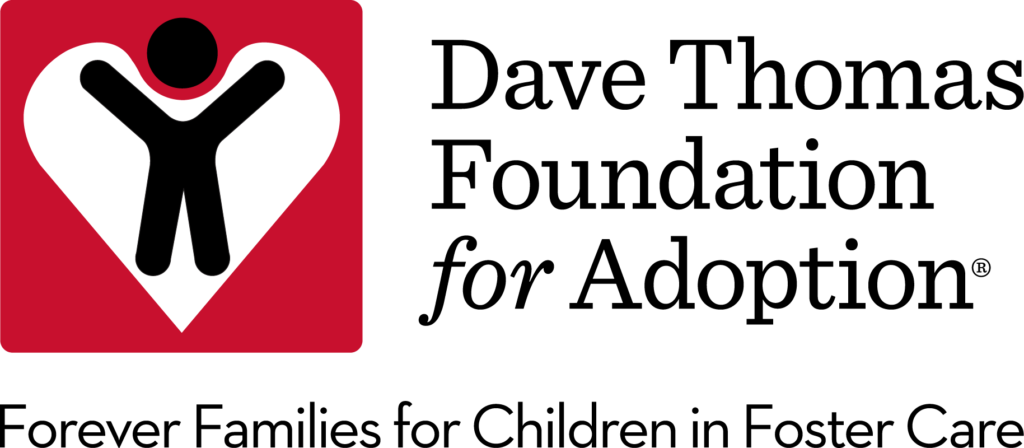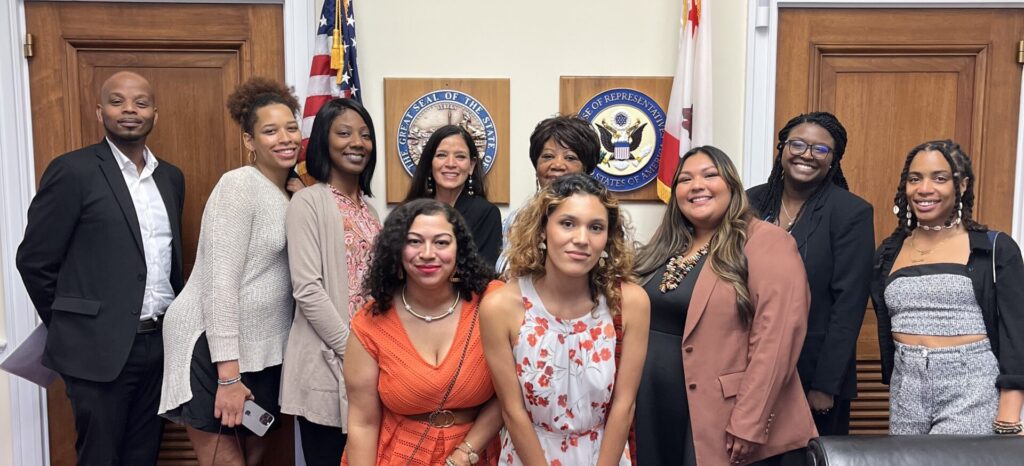
Given that:
Black, Native American and other children disproportionately experience child protection investigations and family separation, 70% of child protective services investigations are substantiated for neglect and poverty is neglect by definition in many states, the CWARE Collaborative includes key legal and family economics stakeholders who are also working diligently to address racism in the child welfare system and critical anti-poverty programs.
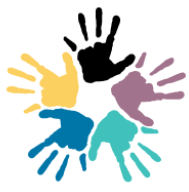
Goals Statement
The Collaborative is a group of child welfare advocates working together to promote a radical anti-racist transformation of the child welfare system so that children, parents, and families are free to thrive in their homes and communities. We do this by centering the expertise of children, youth and adults who have experienced the child welfare system and by creating policy recommendations, events, tools, strategic plans, and organizational connections.
Mission Statement
To support the creation, dissemination, and implementation of anti-racist policies that:
- promote positive racial identity development as a protective factor;
- treat families fairly;
- are developed and endorsed by people who have lived experienced in the child welfare system;
- empower and authorize families and communities to safeguard children’s wellbeing;
- guarantee support and justice to all families;
- inhibit coercive and traumatizing practices that regulate and surveil families; and
- hold agencies and communities accountable to holistic and culturally appropriate approaches to supporting families.
Our Values
Equity
Anti-Racism
Prioritizing Lived Experiences
Holistic & Culturally Appropriate Approaches
Authenticity
Advocacy
- Equity
- All children and families should have access to opportunities and services that meet them where they are and support them to thrive, as defined by them, reach the best possible outcomes, not just outcomes defined by those of the most privileged groups. Where a family lives, where a family came from, how much money it makes, who is heading up the household, whether its members have disabilities, or the family’s racial or Sexual Orientation, Gender Identity and Expression (“SOGIE”) composition should have no limitation on its ability to effectively access the resources it needs to flourish. The unique needs and strengths of each child and family deserve attention.
- Anti- Racism
- Racial identity and cultural heritage are strengths that are often purposefully marginalized, demonized, or ignored by multiple public services systems. We have to understand the history of discrimination and violence in the child welfare system that continues to oppress Black, Native American, and Hispanic children, families, and communities. It is insufficient to simply not perpetuate systemic racism, we must actively dismantle racist policies, systems, and structures. Eliminating this oppression requires supporting families and communities of color who have been harmed by the child welfare system to lead the planning, implementation, and evaluation of transformational policies and programs.
- Prioritizing Lived Expertise
- Lived expertise in and at the margins of the child welfare system leads the Collaborative. Partnership between people with lived expertise and people without lived expertise requires a shift in the way policy work is typically done.. Successful partnership requires a new set of norms and commitments from {or created by} leadership, policymakers, implementers, advocacy organizations, families etc..
- Holistic & Culturally Appropriate Approaches
- Cultural identity should be recognized as a protective factor and should be supported by child welfare services and policies. Services and policies that support families have to take into account all of the facets of individuals and families including their needs for physical and emotional safety, food, socialization, health, education, employment, and cultural connection. Children and families deserve policies and services that take into account their multiple facets and characteristics and that resonate with their cultural strengths and values so that they can build resilience and protective factors and also heal and grow holistically. Developing relationships across the diverse communities can help fill in knowledge and skills gaps.
- Authenticity
- System transformation requires people with lived experience to safely and authentically share their wisdom and for systemically privileged people to authentically listen, respond and commit to action. Truth-telling is key in our interactions inside the Collaborative and in the system’s interactions with children and families. Engaging one another with authenticity is one way we upset the power dynamics that have promoted inequities in the child welfare system; those with systemic power and privilege are held to the standard of authenticity so that people who’ve been been disempowered can safely choose to authentically engage and lead in system transformation.
- Advocacy
- It’s not enough to just think or talk differently about racism in the child welfare system. We have to take action and be advocates. We will use bravery and courage as we draw upon our personal and professional connections to the child welfare field while we advocate and call upon other system actors to take brave actions for transformation.
